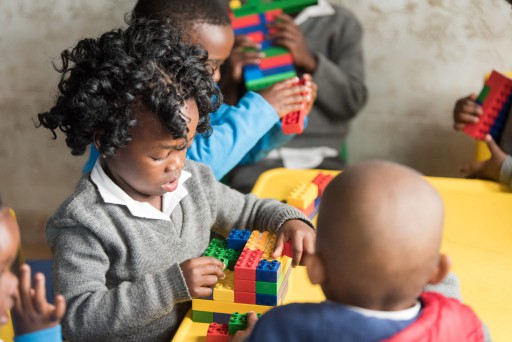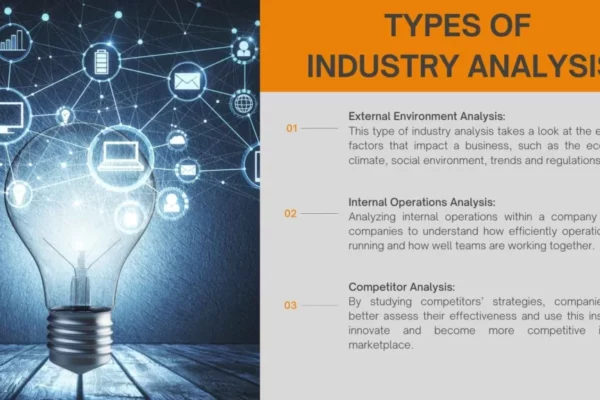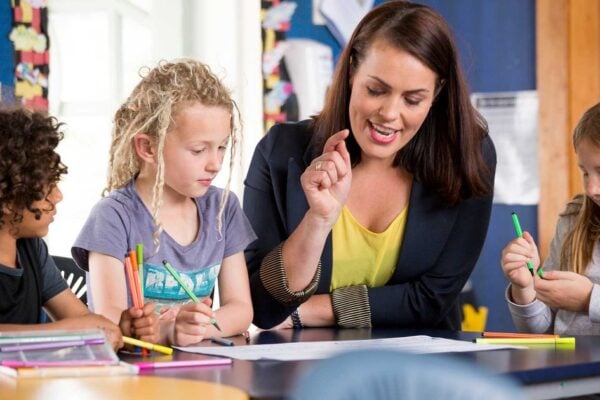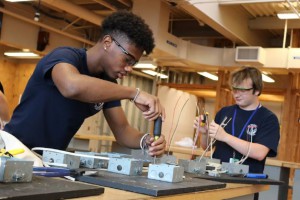As an educator with years of experience in primary and secondary education, I understand the importance of providing a solid foundation for students to thrive academically. Primary and secondary education plays a crucial role in shaping a child’s future, and it is essential to navigate the challenges that come along the way. In this article, I will discuss common challenges in primary and secondary education and provide strategies for promoting academic excellence. Additionally, I will explore the role of parents, effective teaching methods, the impact of technology, addressing the needs of diverse learners, collaborative learning strategies, and the importance of extracurricular activities.
The Importance of Primary and Secondary Education
Primary and secondary education lays the groundwork for a child’s intellectual, social, and emotional development. It equips students with essential skills, knowledge, and attitudes necessary for their future pursuits. Moreover, it fosters critical thinking, problem-solving skills, and the ability to communicate effectively. Primary education serves as a foundation, while secondary education builds upon it, preparing students for higher education or entering the workforce. Without a strong primary and secondary education, students may struggle to meet the demands of higher education or the competitive job market.
Common Challenges in Primary and Secondary Education
Primary and secondary education come with their fair share of challenges. One common challenge is the lack of resources, particularly in underprivileged communities. Insufficient funding leads to overcrowded classrooms, outdated materials, and limited access to technology. Furthermore, the pressure to conform to standardized testing often hampers creativity and individualized learning. Additionally, student engagement can be a challenge, as some students may struggle with motivation or face personal difficulties that affect their academic performance. It is crucial to address these challenges effectively to ensure academic excellence for all students.
Strategies for Promoting Academic Excellence in Primary and Secondary Education
To promote academic excellence in primary and secondary education, educators and policymakers must implement effective strategies. Firstly, personalized learning approaches should be adopted to cater to the diverse needs of students. This involves recognizing each student’s strengths, weaknesses, and learning styles and tailoring instruction accordingly. Additionally, fostering a positive learning environment that encourages collaboration, critical thinking, and creativity is essential. Incorporating project-based learning and real-world applications can make the learning experience more meaningful and engaging. Moreover, continuous professional development for educators is crucial to stay abreast of the latest research and teaching methodologies.
The Role of Parents in Supporting Their Child’s Education
Parents play a vital role in supporting their child’s education. They are the first and most influential teachers in a child’s life. By establishing a strong partnership between parents and educators, the child’s academic success can be greatly enhanced. Parents should actively engage in their child’s education by attending parent-teacher conferences, staying informed about their progress, and providing a supportive home environment. Encouraging a love for learning, setting realistic goals, and helping with homework are also ways parents can contribute to their child’s academic journey. When parents and educators work together, students receive consistent support and guidance, leading to improved academic performance.
Effective Teaching Methods for Primary and Secondary Education
In primary and secondary education, employing effective teaching methods is crucial for facilitating student learning. One such method is differentiated instruction, which tailors instruction to meet the needs of individual learners. This approach allows students to progress at their own pace and challenges them appropriately. Another effective method is the use of technology in the classroom. Integrating technology not only enhances engagement but also provides opportunities for interactive learning and access to a wealth of resources. Additionally, inquiry-based learning, where students explore concepts through hands-on activities and critical thinking, promotes deeper understanding and long-term retention of knowledge.
The Impact of Technology on Primary and Secondary Education
Technology has revolutionized primary and secondary education, providing numerous benefits to both educators and students. With the advancement of technology, classrooms have transformed into dynamic learning environments. Online platforms, educational apps, and multimedia resources offer interactive and engaging learning experiences. Additionally, technology facilitates personalized learning, allowing students to learn at their own pace and explore their interests. Virtual simulations and augmented reality bring abstract concepts to life, making learning more tangible and memorable. However, it is essential to strike a balance by ensuring technology is used purposefully and responsibly, without replacing the human connection between educators and students.
Addressing the Needs of Diverse Learners in Primary and Secondary Education
Every student is unique, with varying strengths, weaknesses, and learning styles. Addressing the needs of diverse learners is essential to create an inclusive and equitable learning environment. Educators should employ differentiated instruction and provide additional support to students who require it. This may involve offering extra resources, modifying assessments, or providing accommodations for students with disabilities. Furthermore, fostering a culture of acceptance and respect for diversity promotes a sense of belonging and encourages students to embrace their individuality. By recognizing and embracing the diversity within the classroom, educators can ensure that every student has an equal opportunity to succeed.
Collaborative Learning Strategies for Primary and Secondary Education
Collaborative learning promotes student engagement, critical thinking, and communication skills. It encourages students to work together, share ideas, and learn from one another. Cooperative learning structures, such as group projects, discussions, and peer tutoring, foster a sense of community and encourage active participation. By working collaboratively, students develop important interpersonal skills and gain a deeper understanding of the subject matter. Educators can facilitate collaborative learning by providing clear guidelines, promoting effective communication, and encouraging reflection on the collaborative process. By incorporating collaborative learning strategies, educators can create a supportive and interactive learning environment that prepares students for future collaboration in the workplace.
The Role of Extracurricular Activities in Enhancing Primary and Secondary Education
Extracurricular activities play a vital role in enhancing primary and secondary education. These activities provide opportunities for students to explore their interests, develop new skills, and build social connections. Whether it’s participating in sports, joining a club, or engaging in community service, extracurricular activities foster personal growth and character development. They teach valuable life skills, such as teamwork, leadership, and time management. Moreover, extracurricular activities enhance the overall educational experience by promoting a well-rounded education. By offering a range of extracurricular options, schools can cater to the diverse interests and talents of their students.










Comments on " Navigating the Challenges of Primary and Secondary Education: Strategies for Academic Excellence" :